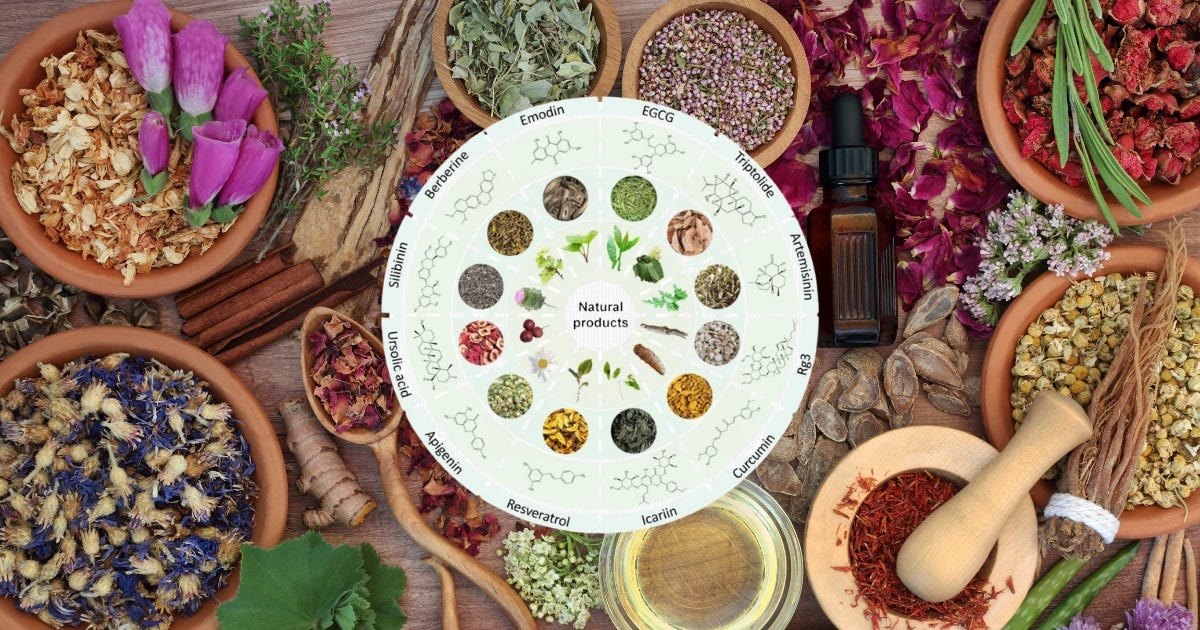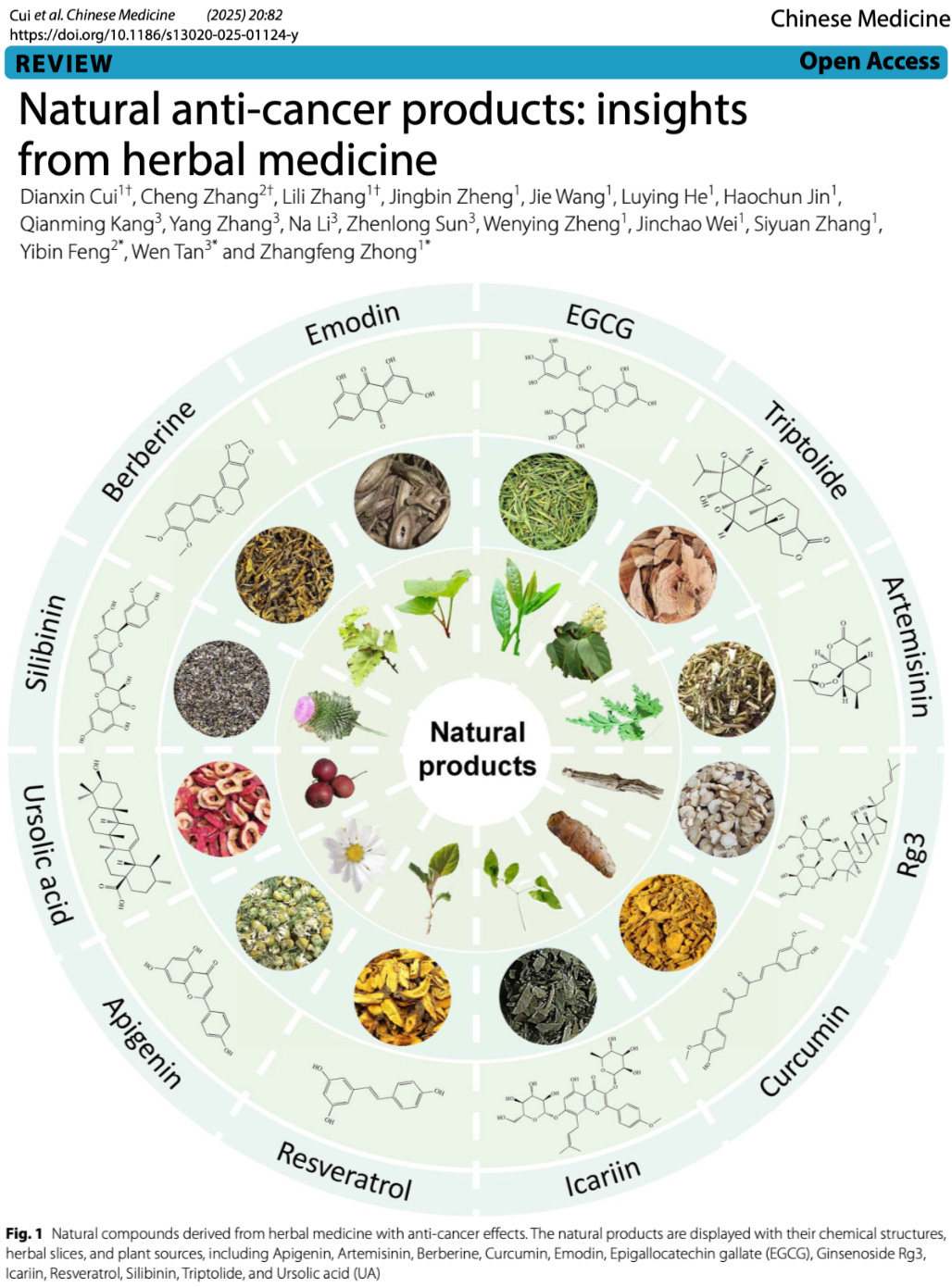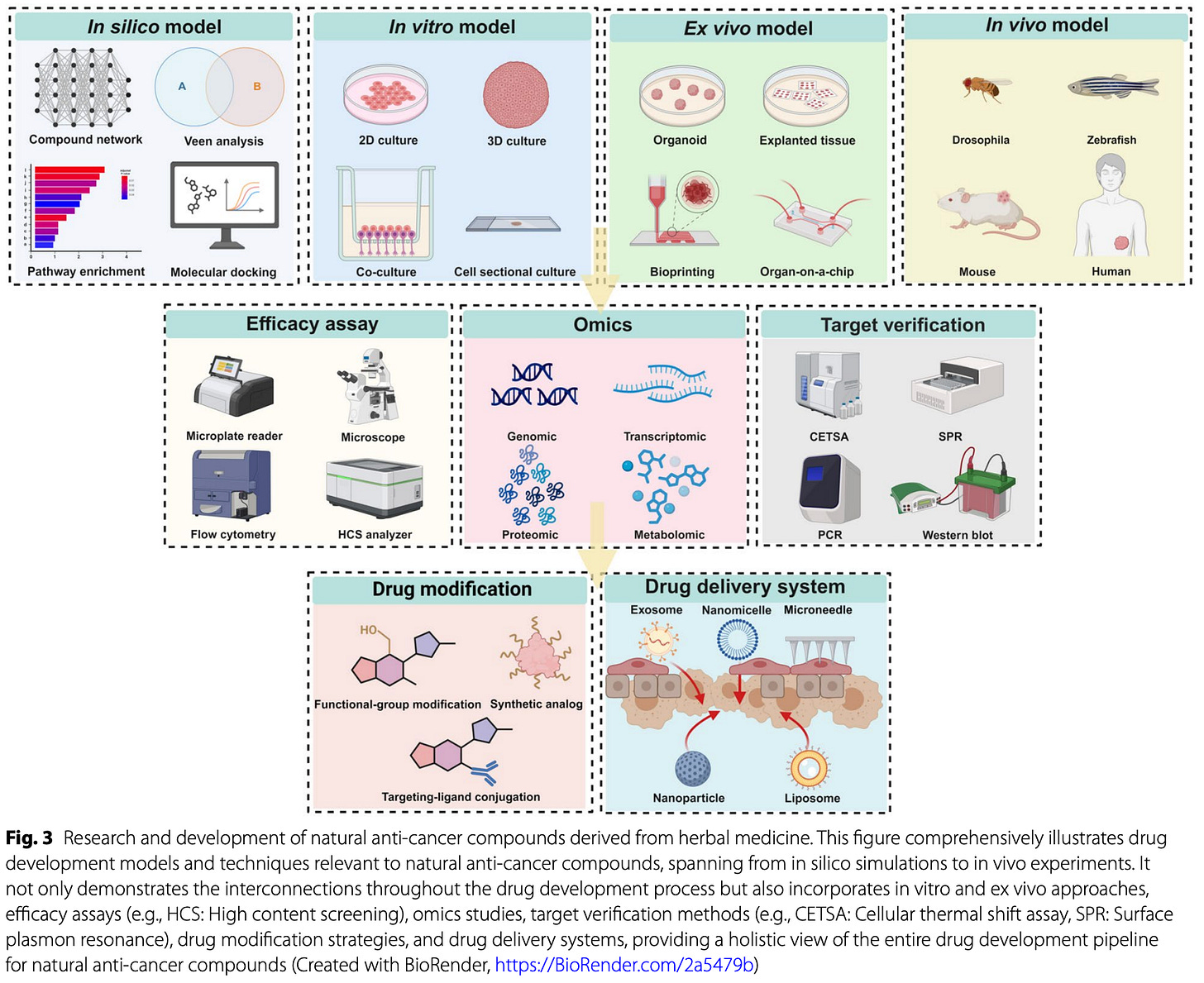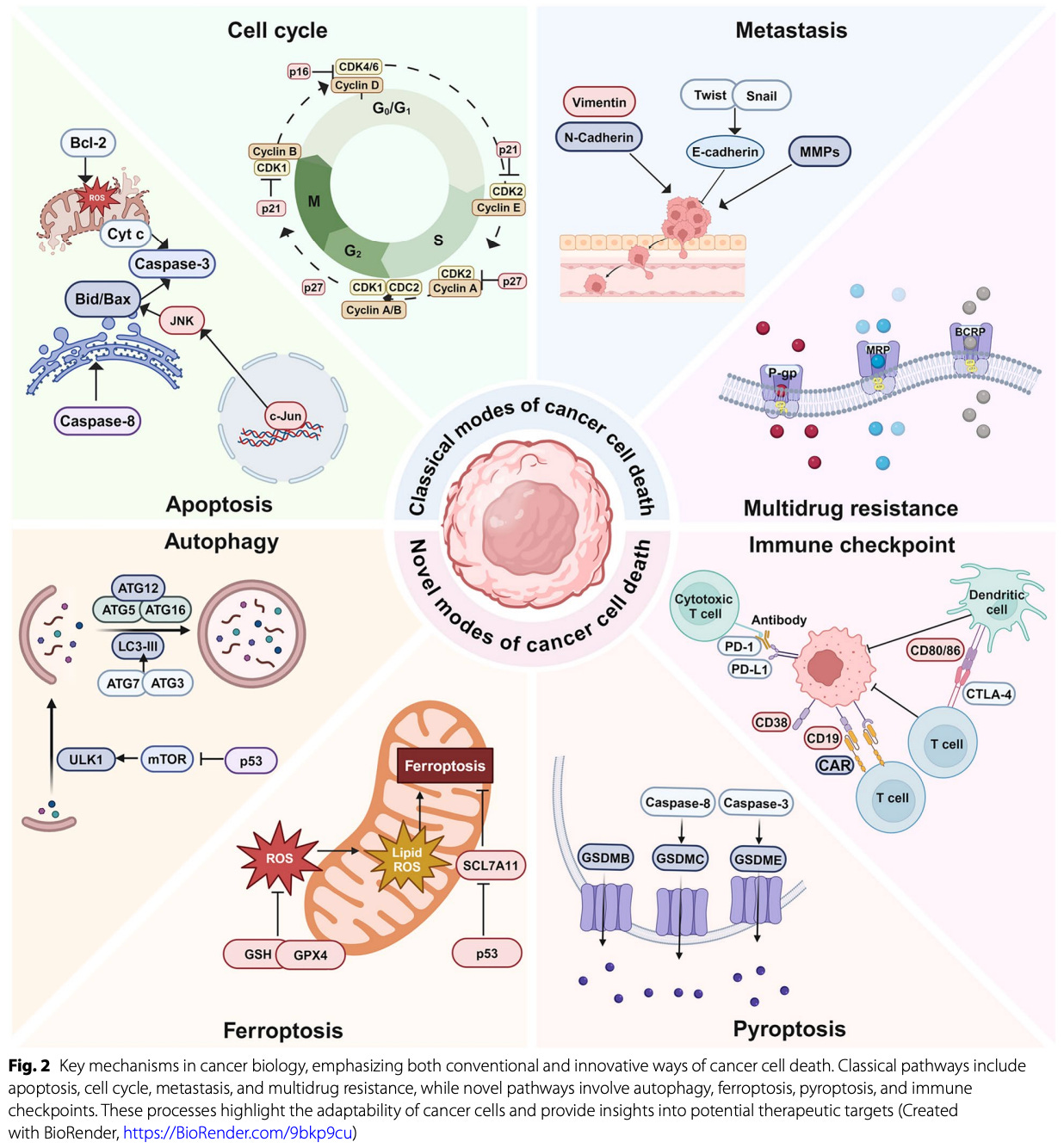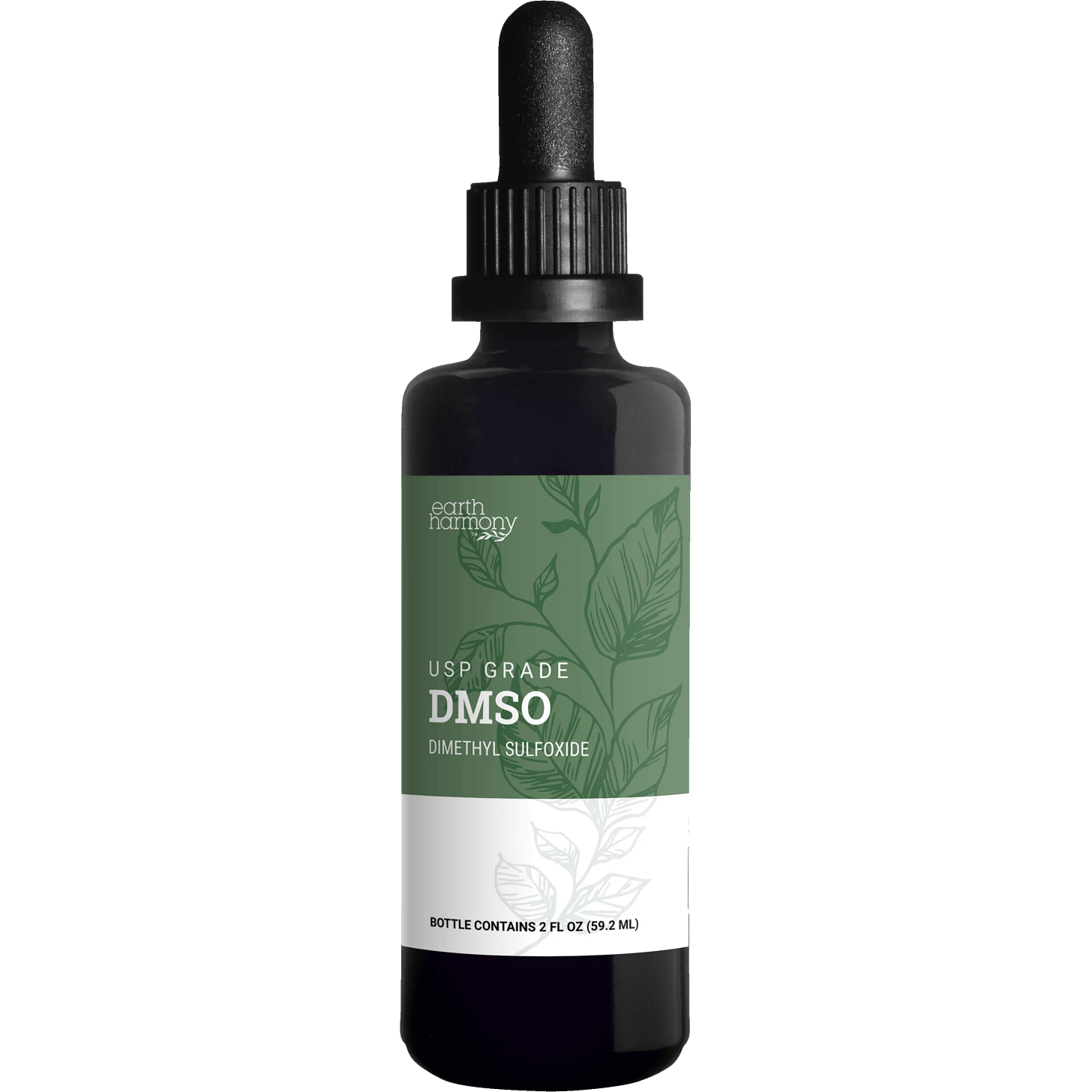Over 1,100 Studies Expose 12 Natural Compounds with Serious Anti-Cancer Power
Cancer is exploding worldwide… but the safest natural compounds are still ignored. Almost like the silence is profitable.
This article originally appeared on Focal Points and was republished with permission.
Guest post by Nicolas Hulscher, MPH
Landmark analysis identifies 12 natural compounds with broad anti-cancer activity, consistently targeting core pathways such as cell death, immune evasion, metabolic dysfunction, and metastasis.
A landmark 2025 review titled, Natural anti-cancer products: insights from herbal medicine, published in Chinese Medicine, pulled together more than 1,100 scientific studies and uncovered something extraordinary: across cell, animal, and multi-omics research, 12 natural compounds repeatedly showed potent anti-cancer activity—triggering cancer cell death, blocking metastasis, cutting off tumor blood supply, disrupting tumor metabolism, and reversing drug resistance.
Notably, the vast majority of this evidence comes from studies published since 2019, reflecting a rapid surge of new research in this field.
To build this analysis, they examined results from in vitro experiments (cancer cell lines), in vivo tumor models (mouse xenografts, orthotopic tumors, chemically induced cancers, zebrafish models), ex vivo mechanistic assays, and modern omics platforms including transcriptomics, proteomics, and metabolic profiling.
Their goal was to map how these compounds act at the molecular level. What emerged was a strikingly consistent pattern: a relatively small group of natural molecules repeatedly interferes with cancer’s core survival pathways — the very systems that support growth, spread, immune evasion, angiogenesis, and treatment resistance.
#ad: Looking for high-purity DMSO you can actually trust?
Earth Harmony’s DMSO is USP Grade with 99.99% purity, non-diluted, with no added water, and stored in glass bottles to prevent plastic contamination.
NOTE: DMSO (Dimethyl Sulfoxide) is a powerful solvent. This product is for research and development purposes only. Only use as recommended by your healthcare provider.
Choose purity. Choose performance. Choose Earth Harmony DMSO.
DISCLOSURE: This post contains affiliate links. If you make a purchase through Earth Harmony, we may earn a small commission at no extra cost to you.
THE 12 NATURAL ANTI-CANCER COMPOUNDS
1. Apigenin (Chamomile)
Helps immune cells detect tumors (reduces PD-L1)
Slows growth signals inside cancer cells (inhibits PI3K/AKT, EGFR, ERK)
Improves chemotherapy responsiveness (reduces MDR1/P-gp activity)
Limits tissue invasion (suppresses NF-κB, MMP-2/9)
Induces cell death through several pathways (apoptosis, autophagy, ferroptosis)
2. Artemisinin (Sweet Wormwood)
Generates oxidative stress inside tumors (ROS, lipid peroxidation)
Restricts blood vessel formation (anti-angiogenic)
Slows cancer cell movement (reduces vimentin, N-cadherin)
Helps counter drug resistance (affects STAT3, AKT, HSP90)
Shows activity across many animal tumor models
3. Berberine (Coptis / Goldenseal)
Disrupts major growth pathways (PI3K/AKT, HER2, TGF-β)
Reduces tumor-fueling inflammation (NF-κB)
Helps reverse drug resistance (P-gp, MRP1, NRF2)
Lowers immune evasion signals (PD-L1)
Reduces metastatic behavior (MMP-2/9)
4. Curcumin (Turmeric)
Triggers cancer cell death (apoptosis, autophagy, ferroptosis)
Lowers inflammation inside tumors (NF-κB, STAT3)
Blocks blood vessel growth (VEGF inhibition)
Helps reverse chemotherapy resistance (P-gp, BCRP)
Reduces invasive behavior (Twist1, MMP-9, EMT markers)
5. Emodin (Rhubarb Root / Japanese Knotweed)
Interferes with cancer cell communication (Wnt/β-catenin, STAT3, NF-κB)
Initiates several types of cell death (necroptosis, ferroptosis)
Disrupts cancer metabolism (GLUT1 reduction)
Limits spread by reducing enzymes that break tissue barriers (MMP-2/9)
Helps counter drug resistance (P-gp, GST)
6. EGCG (Green Tea)
Slows growth by interrupting major pathways (PI3K/AKT/mTOR)
Promotes programmed cell death (Bax↑, Bcl-2↓)
Reduces inflammation (STAT3)
Inhibits invasion and angiogenesis (MMP-2/9, VEGF)
Decreases drug resistance (P-gp suppression)
7. Ginsenosides (Ginseng)
Reduce metastatic behavior (EMT inhibition, MMP suppression)
Improve immune responses (STAT3 downregulation)
Promote cancer cell death (caspase activation)
Help restore normal growth regulation (p53, PTEN)
Some forms influence gut microbiota related to tumor microenvironments
8. Icariin / Icaritin (Horny Goat Weed)
Support immune recognition of tumors (CD8+ T cells, CXCL9/10)
Reduce PD-L1 (a key shield tumors use to hide)
Inhibit tumor growth signals (PI3K/AKT)
Counteract chemotherapy resistance (P-gp, MRP1)
Improve cell adhesion and reduce invasiveness (E-cadherin upregulation)
9. Resveratrol (Grapes, Berries)
Activates protective genes (p53)
Reduces inflammation (NF-κB)
Slows invasive behavior (vimentin↓, EMT↓)
Initiates multiple cell death pathways (apoptosis, autophagy, ferroptosis)
Shows synergy with conventional treatments
10. Silibinin (Milk Thistle)
Slows growth signals (mTOR, STAT3)
Reduces tumor blood vessel development (anti-angiogenic)
Limits spread (Wnt/β-catenin inhibition)
Supports mitochondrial function
Decreases PD-L1 expression
11. Triptolide (Thunder God Vine)
Very potent at low concentrations (nanomolar range)
Blocks multiple tumor-promoting pathways (NF-κB, STAT3, AKT/mTOR)
Lowers immune evasion signals (PD-L1, CD47)
Promotes apoptosis and cell-cycle arrest
12. Ursolic Acid (Apples, Basil, Rosemary)
Promotes cell death pathways (p53, ROS)
Slows tumor growth (AKT/mTOR inhibition)
Limits metastatic movement (CXCL12, FN1)
Helps reduce drug resistance
Activates stress pathways related to ferroptosis (NRF2 suppression)
Although the review does not provide detailed clinical trial outcomes, it assembles one of the most comprehensive collections of preclinical evidence ever compiled on how natural compounds act on cancer. Across cell studies, xenograft models, orthotopic tumors, and multi-omics analyses, the findings converge on a striking pattern: these molecules consistently disrupt the same core pathways that fuel tumor growth, immune evasion, metastasis, and treatment resistance.
Importantly, several of these compounds—such as curcumin, artemisinin derivatives, ginsenosides, icaritin, silibinin, and resveratrol—are no longer confined to laboratory research. Multiple early-stage and mid-stage clinical trials are already underway, and in the case of icaritin and certain ginsenosides, Phase II and Phase III studies are actively progressing. The scientific community is clearly beginning to take notice.
With cancer rates rising worldwide, these well-tolerated, multi-pathway natural compounds should be advanced into rigorous clinical testing to fully determine their therapeutic potential in human disease.
Epidemiologist and Foundation Administrator, McCullough Foundation
www.mcculloughfnd.org
Please consider following both the McCullough Foundation and my personal account on X (formerly Twitter) for further content.
Copyright 2025 Focal Points

